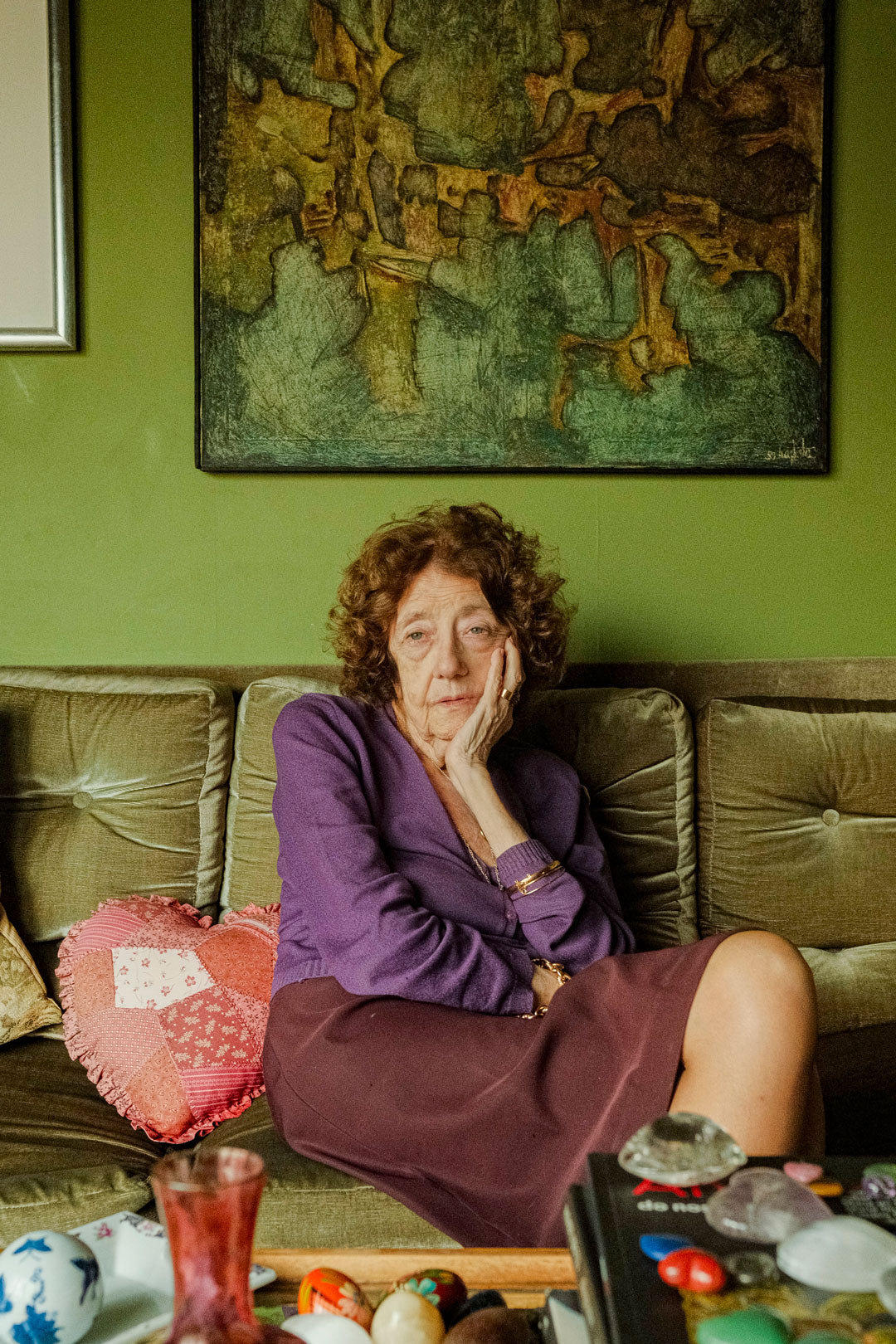
The Third Maria and Her Long Lasting Impact
By Eloise Hodges
Literary lovers are aware of the importance of poetry, and how it encapsulates and cultivates emotions, but how many people are aware of the truly incredible impact poetry can have on society? Maria Teresa Horta, one of the BBC’s Top 100 Women of the Year, was a shaping force in Portuguese society, and helped to shape women’s lives for the better.
Maria Teresa Horta was born in 1937, into the Estado Novo regime, which restricted women’s rights and forced them into the corner of being a wife and mother. As she ventured into a sexist work landscape, she found her talent in the male dominated field of writing. She became one of the few female journalists working in Lisbon where she soon became a member of the group Poesia 61, a poetic collective in which she met Maria Isabel Barreno and Maria Velho da Costa.
In 1972, as political tension was rising in Portugal, Maria worked with her two poetic colleagues to write New Portuguese Letters (Novas Cartas Portuguesas) which went on to become a revolutionary feminist text in Portugal. The controversial text included letters, poems and essays that targeted Portuguese society, and focused primarily on the treatment of women. At a time where media was heavily censored and freedom of speech was restricted, this book received mixed responses. Its erotic and pornographic material was condemned by dogmatic believers of the regime, and it was quickly banned from society. The ban came too late as the text had already sold out and the authors’ contentious messages were quickly spreading across Portugal, and soon after, across Europe.
The Estado Novo regime in which the three Marias suffered in, valued Salazarism, which declared women as unequal, labelling them as the ‘fairy of the family home’, and restricted their roles in society, forbidding women from being in the public sphere and having financial autonomy. Amongst women, illiteracy was high, with 35% of women not being able to read or write in 1970, compared to 22% of men. Women showcasing their literary talent, or using their voice at all, was almost unheard of during the regime, and Maria Teresa Horta’s unequivocal stance against these chauvinistic ideals espoused in New Portuguese Letters took Portugal one step close to the end of Salazar’s regime altogether.
The authors managed to smuggle a copy of their book to Paris through Maria Barreno’s friend, where it fell into the hands of liberal French feminists, including Christiane Rochefort, whom the three Maria’s admired. As a result of this, their book was later translated into French and became internationally recognised, particularly as their trial gained fame, especially amongst the likes of Doris Lessing and Simone de Beauvoir.
Maria Teresa, alongside her two co-authors, was arrested in Lisbon and tortured by the secret police of Salazar’s regime. All three women stayed silent, and endured interrogation and violence. They found themselves dragged into a two year long trial for obscenity and “abusing the freedom of the press”. The trial of the “Three Marias” gained international headlines and inspired protests supporting the freedom of women.

As Salazar’s regime grew more and more unstable, the trial began to fall through. The judge eventually dismissed the case after the peaceful military coup on April 25th, during which Portuguese soldiers filled the barrels of their guns with red carnations, showcasing their resistance against the violence of the oppressive regime. This day became known as the Carnation Revolution, and marked the end of Salazar’s regime and Portuguese colonialism.
Since then, Maria Teresa Horta has become a key part of feminist movements in Portugal, infamous for fighting for women’s rights and challenging patriarchal values of society. In 1975, she led feminist protests in Portugal, and helped to create the post-dictatorship feminist movement that still exists today.
But her courage and devotion did not stop there. She went on to write many other books such as Ema, Point of Honour, and most notably, The Lights of Leonor, which is regarded as one of the great works of contemporary Portuguese literature. She has received many awards and tributes across the world throughout her career, such as the Medal of Cultural Merit in 2020, and the Grand Officer in the Order of Liberty in 2022.; When she had been awarded the Prix D. Dinis, one of Portugal’s top literary prizes, in 2011 she showed her continued devotion to political activism. The Prime Minister, Pedro Passos Coehlo, was to hand over this prestigious award. Maria detested his politics, and, staying true to her values, she refused to accept the award from his hands. 50 years since she took a stance against sexism, she is still recognised as an inspiration and a key face in the feminist movement.
In interviews, Maria describes how her childhood fuelled her activism. She was surrounded by like-minded women who stood for female empowerment, and would take Maria to suffrage meetings from a young age. Maria’s grandmother pushed her to read and write a lot as a child, and as a result is a figure who she mentions frequently as being a source of encouragement and motivation.
Maria’s intrinsic skill and bravery as a writer and feminist is why we, today, have the ability to write and discuss topics freely — why we can utilise our uniquely feminine voices for change, without fear of being prosecuted. It is the courage of women like Maria that helped modern women have the freedom to speak openly about sex, be seen as more than a wife and a mother, and be true individuals. Maria won her battle in Portugal with her pen and voice as weapons. Although the war is ongoing across the world, Maria, with a pen still in her hand, is pioneering and encouraging women to break their silence.
-
-
-
-
Sources
https://wave-network.org/inspiring-thursday-maria-teresa-horta/
https://www.portugal.com/history-and-culture/portugals-dictatorship-salazars-estado-novo/
https://www.portugal.com/history-and-culture/womens-rights-in-portugal/
https://www.guernicamag.com/the-third-maria/
https://portuguesesoul.com/2024/07/18/maria-teresa-horta-2/
https://www.researchgate.net/figure/Population-unable-to-read-by-age-group-and-gender_tbl1_308911483
-
Eloise Hodges is a contributing writer at Zimmer currently undergoing a gap-year.


